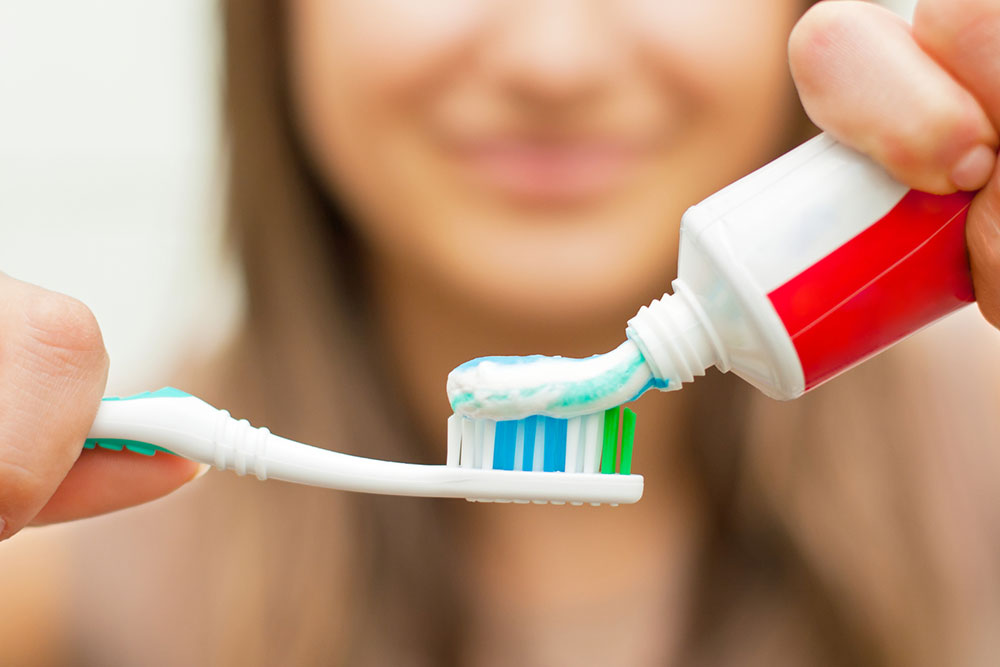4 mistakes to avoid when using toothpaste

Brushing one’s teeth sounds like a simple, everyday task, right? Turns out , there’s a little complexity to it. From choosing the right toothpaste to using the right amount, there are many little things people need to be aware of to avoid tooth decay and maintain good oral health. Since these things aren’t commonly discussed, many make mistakes when buying or using toothpaste that gradually affects their teeth and leads to unnecessary oral issues.
Applying too much toothpaste
No one stops to think about the right amount of toothpaste, making it one of the most common mistakes. This habit not only wastes money but also weakens the teeth over time. Experts say adults must use a pea-sized amount while brushing their teeth, while kids must be given even less than that.
Using the wrong type of toothpaste
There are tons of toothpaste to choose from, each with special features. That’s why one must exercise caution when buying. While it’s generally advisable to look for an option that is ADA-approved, one must also consider other factors:
- Tartar control: Some people are more prone to plaque build-up. In such cases, it’s advisable to use tartar-control toothpaste.
- Whitening: Whitening toothpaste may work wonders to get rid of stains on the teeth. But one should ensure it isn’t too abrasive, as that may have the opposite effect.
- Desensitizing: For those with sensitive teeth, desensitizing toothpaste may be beneficial. These toothpastes are enriched with chemical compounds that block the holes in the enamel, avoiding the stinging sensation that occurs when eating hot or cold foods.
- Age: Children’s teeth are much more delicate than those of adults. That’s why it’s best to choose a paste suitable for them.
Brushing with a sugar-filled toothpaste
Some toothpaste formulations contain sugar for better taste. While this may sound delicious, it can significantly impact dental health. One should steer clear of any toothpaste containing sugar.
Using toothpaste with carcinogenic additives
Recent research has shown that E171 (a white dye also known as titanium dioxide) and triclosan (an antibacterial) can have carcinogenic effects. I t’s best to look for toothpaste options without these ingredients to avoid health risks .






